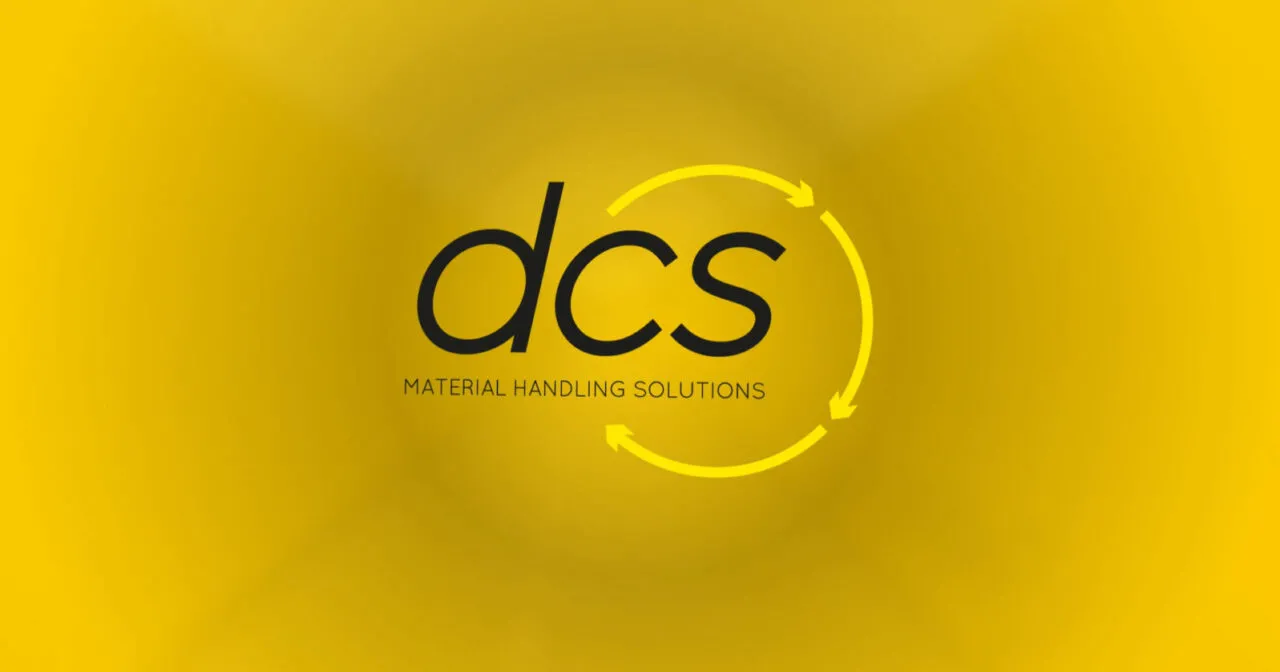Although the word “estimate” might equate to “best guess” for some, in DCS’ estimating department we strive to be as accurate as possible. Because the pricing our team provides is presented to our customers in their project proposals, it could contribute to either a win or a loss of an automated material handling system project.
Further, when a contract is subsequently signed, our estimate becomes the budget and the foundation for the entire project’s successful execution — and ultimately a happy customer. That’s why we take exceptional care to deliver precise estimates.
Here I’ll overview how DCS ensures that our project estimates account for all the details to make them as accurate as we can.
Reviews and Research Enhance Estimate Accuracy
Through years of experience, our team knows that a customer will reject a project if the estimate is too high. Conversely, if the estimate is too low then we most likely missed something that will necessitate a change order later. The details matter, which means we spend a lot of time chasing them down — all the way to the smallest item. (No, we don’t price out nuts and bolts, but we do include them in a line item for hardware.)
A DCS project estimate starts with an engineering drawing and components list. The estimating team collaborates with DCS project and mechanical engineers, as well as the sales team. Together, we review the design to identify key areas and note anything that may be unique or unusual about the project, as well as its targeted timeframe.
Next, the estimation team researches similar projects completed in the last 24-36 months. We’re looking for commonalities (as well as gaps or omissions) for inclusion in the new estimate. If — based on our research — a question arises, our team circles back with sales or engineering to determine the answer.
We also look back at historical pricing information from comparable projects that occurred within the past year or so. This gives us a better feel for the different costs associated with a project, as well as helps us compare past budgets with current pricing rates. During the COVID-19 years, pricing was very volatile — particularly with commodities like steel and contracted labor. Fortunately, things have calmed down. That makes it easier to compare a new project’s pricing to an older one for even greater accuracy.
Obtaining Competitive Bids from Subcontractors and Vendors
Based on the details gathered during our research and review process, the DCS estimating team next solicits competitive bids. Our company has cultivated relationships with several material handling original equipment manufacturers (OEMs) and vendors. To further ensure the accuracy of our estimates, we work with multiple vendors in each category for comparative pricing. Additionally, our bidding process is designed to maintain neutrality. This gives all qualified vendors an equal opportunity to submit a proposal.
We also have a number of experienced general and specialty subcontractors we work with for project execution. These include installers, electricians, general contractors, controls, and more. As with the OEMs, we collect competitive bids for these services. Finally, we include DCS’ estimated costs for the professional services we provide throughout the project, such as project management, site management, engineering, training, and customer service.
Additionally, to ensure that our estimates are as accurate as possible, we connect with these vendors and subcontractors throughout each year to verify pricing. We also strive to stay on top of forecasted price increases and market volatility so we can identify trends that might impact pricing.
Internal Reviews of Vendor Quotes for Accuracy
Once the bids are received, the estimating team again collaborates with DCS’ engineering group to review the quotes. This further contributes to the accuracy of an estimate, as the engineering review verifies that the OEM quotes include all required specifications. Sometimes modifications or adjustments need to be made to the specs, necessitating an updated vendor estimate.
Also during the engineering review, the DCS team assesses any lead time issues identified by vendors and suppliers. Based on input from the engineering team, we often collaborate with OEMs to see if there’s a way to adjust the delivery schedule to stagger equipment and component arrivals. Sometimes a customer has a very tight schedule and only one vendor can accommodate that timeframe — but at a higher price. When that happens, in the proposal we offer that customer a choice between meeting their schedule at a higher cost or adjusting the timeline for lower pricing.
Further, DCS has an amazing group of subject matter experts in the supply chain and material handling automation field. The estimating team feels fortunate to have a plethora of resources that we can turn to as we’re gathering pricing. These industry experts are available to review the bids and advise as to whether the numbers seem accurate and reasonable, or if we need to revisit a vendor quote. This further ensures the accuracy of our estimates.
A Focus on Expediency Without Sacrificing Accuracy
With the time-sensitive nature of all DCS projects, the estimating team works hard to turn around accurate pricing as efficiently and expediently as we can. As a general rule of thumb, a small project takes approximately a week to pull pricing together; a large project can take up to six weeks. Typically, however, we deliver estimates within two to four weeks. This firm pricing is then delivered to the customer as part of DCS’ project proposal.
As a side note, although everyone in our estimating department is adept at reviewing engineering drawings and component lists, it may be surprising to learn that not all of us have an engineering background. Instead, the members of our team have a diverse range of backgrounds including finance and estimating, as well as mechanical and applications engineering.
What we all have in common is an aptitude for being detail oriented, thorough, and highly analytical. Because a lack of information is the enemy of an accurate estimate, we all are driven to leave no stone unturned, to ask lots of questions about every aspect of a project, and to document all communications, pricing, emails, and more.
Like our colleagues throughout DCS, we are also continuously looking to improve our processes. By finding new ways to generate estimates that are even more accurate moving forward, we ensure our customers’ success by providing a quality solution at the best price.
Want to Experience More Accurate Project Pricing?
Partner with DCS for your next supply chain solution. Connect with us for more details about our focus on estimating accuracy that ensures your project’s success.
Author: Austin Umstead, Estimator, austinu@designedconveyor.com








